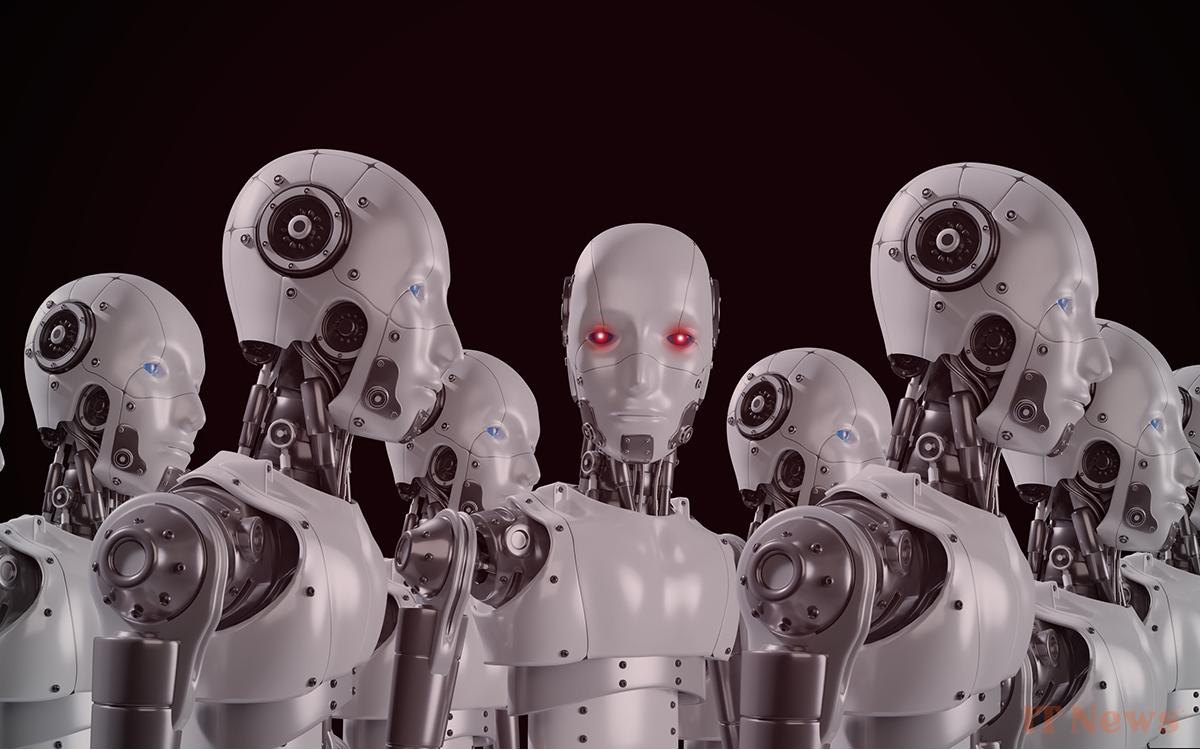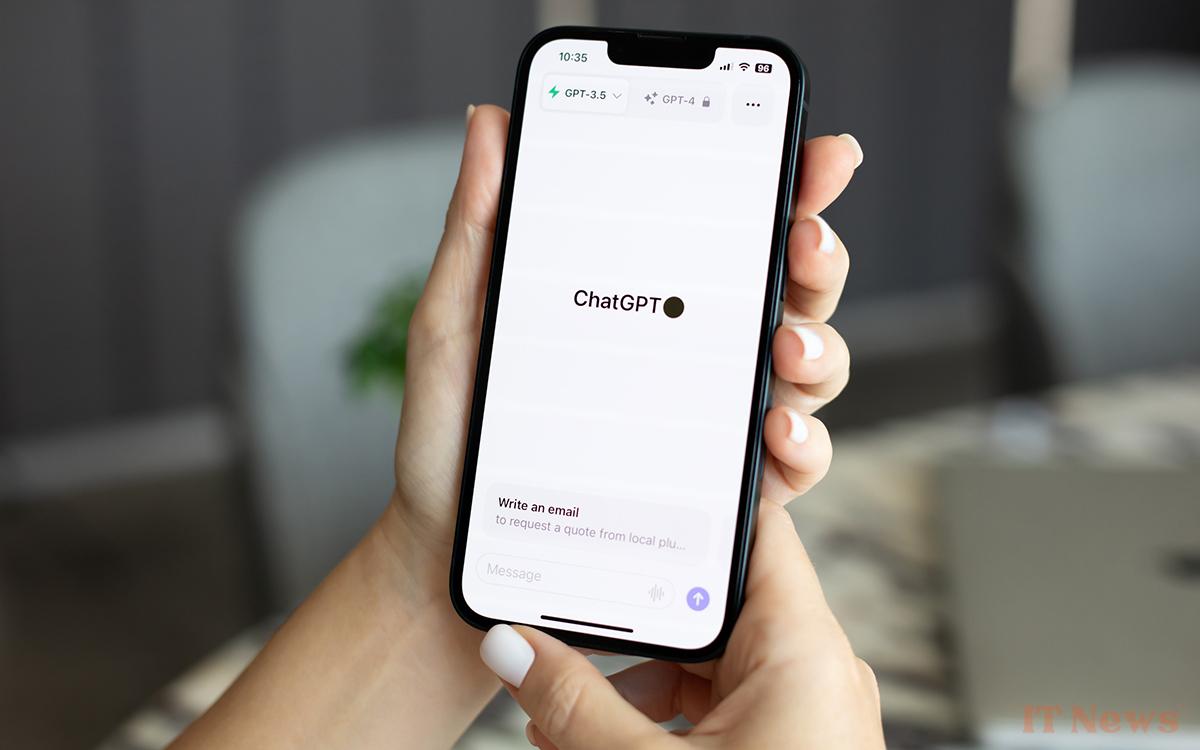What if robots stole our jobs... but forgot to warn us? A study reveals that ChatGPT still hasn't started its big job hunt. Phew, we have time to finish our coffee.
While generative AI promised a revolution in the job market, a Danish study has thrown a spanner in the works: ChatGPT and its cousins have not yet had a significant impact on salaries or employment. Led by economists Anders Humlum and Emilie Vestergaard, this research analyzes 25,000 Danish workers in 11 professions deemed vulnerable, from accounting to teaching. The verdict? AI saves barely two hours per week... while creating new time-consuming tasks.
While chatbots are massively adopted, up to 83% in companies that train their teams, productivity gains remain marginal. Worse still: verifying AI outputs or detecting its use among students eats into some of the time saved. This puts the urgency of replacing humans with algorithms into perspective.
Productivity on the rise? Not really...
The study, which has not yet been peer-reviewed, covers the years 2023 and 2024. It shows that AI users save an average of 2.8% of their working time, or less than two hours per week. "These tools are adopted quickly, but the economic results are not following suit," summarizes Anders Humlum.
In detail, 8.4% of workers have even seen their workload increase because of AI. Teachers now spend time tracking down assignments written by ChatGPT, lawyers correcting chatbot hallucinations, and marketers refining prompts. A paradox: the tool that is supposed to free up time also generates it.
Another shocking lesson: only 3 to 7% of productivity gains translate into salary increases. The majority of the profits remain with employers. Proof that even when AI helps, it doesn't (yet) make employees happy.
With strong unions and protective laws, the country naturally holds back technological disruptions. The "rigidities of the labor market," mentioned by researchers, would partly explain the lack of economic impact. Unlike more flexible economies (the United States, Asia), Denmark complicates layoffs and abrupt reorganizations, barriers that could delay automation via AI. A major nuance, because these reassuring results may not apply elsewhere.
In short: ChatGPT has not yet stolen jobs... but perhaps just because the country studied prevents it. It is therefore difficult to transpose these results to less regulated economies. In addition, AI models from 2024 outperform those from 2023, suggesting a more disruptive future potential.
Researchers also temper the enthusiasm surrounding autonomous AI "agents," capable of performing tasks without supervision. If these technologies emerge, they could be game-changers. But for now, ChatGPT remains an assistant that isn't always reliable, and every claim needs to be verified.
And what about other studies?
These conclusions strangely contradict previous work, such as a February 2024 study announcing productivity gains of 15% thanks to AI. The difference? Optimistic research targeted sectors like customer service, where chatbots easily automate simple exchanges. Here, the professions analyzed (lawyers, teachers, developers, etc.) require more nuance.
Still, the enthusiasm of companies is not waning. Those that train their teams in AI are seeing its adoption jump from 47% to 83%. A paradox, while concrete results are still pending.
In the meantime, the ball is in the tech giants' court. OpenAI, Google, and others will have to prove that their tools go beyond gadgets to become real economic levers. Until then, workers can breathe easy: AI is less of a threat than a tiresome colleague who constantly demands that their work be checked.





0 Comments